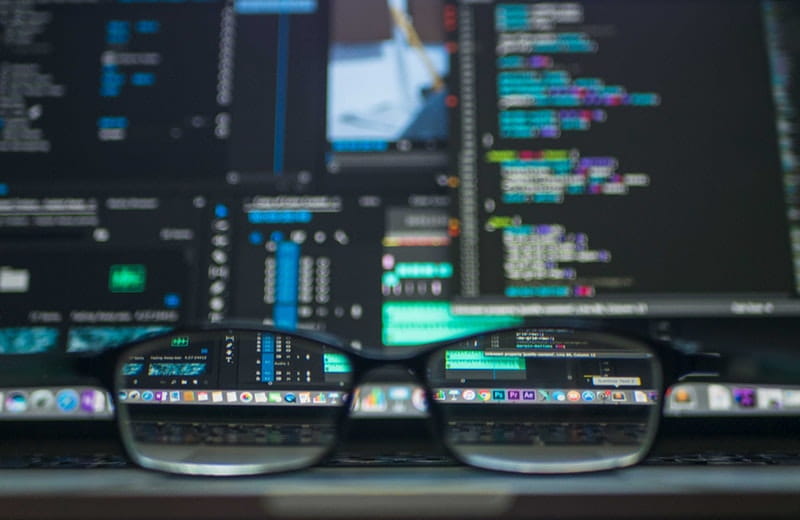Anyone can get a computer virus, and once a computer is infected, the virus is often difficult to remove. Professional virus removal can cost hundreds of dollars. Why take the chance? Here are five things anybody can do to reduce their odds of getting a computer virus.

1. Avoid clicking on links or attachments that may not be trustworthy.
Using caution and common sense will go a long way towards preventing computer viruses. It’s never a good idea to click on a link or download a program that may not be trustworthy. Stick to well-known websites as much as possible, and only download programs from trustworthy publishers. Emails are especially well known for spreading viruses. Avoid opening emails from unknown senders whenever possible, and never click on any links or download any attachments unless they come from a known and trusted sender.
2. Keep software up-to-date.
Computer security depends on up-to-date software. Often, hackers will find and exploit bugs in popular programs. Updates are released to patch those holes and keep users safe. People who never download those updates are putting themselves at risk for getting a virus or otherwise being exploited by hackers. Check for updates regularly, and don’t put off downloading them.
3. Use antivirus software.
There are many great antivirus programs out there. Some of them are even free. Most popular antivirus programs make an excellent first line of defense against viruses, even though they can’t guarantee that a computer will never get a virus. After downloading the software, it’s a good idea to scan all new downloads with it, to avoid accidentally downloading something that contains malware. It’s also smart to get into the habit of running regular full-system scans.
4. Use a firewall.
A firewall works in tandem with antivirus software to prevent viruses from taking hold on a computer. PCs and Macs come with firewalls already installed and ready to use. Not sure whether a computer has its firewall turned on or not? Check in the settings to find out.
5. Protect personal information and passwords.
Hackers will use any personal information they can get their hands on to take advantage of other people. To stay safe, don’t put personal information anywhere another person could find it. That includes social media! Passwords are another potentially vulnerable spot, since most people don’t choose strong passwords. It’s a good practice to choose passwords that are a mix of uppercase and lowercase letters, numbers, and symbols.
Respected Software to Prevent Computer Viruses
The internet can seem like a minefield of malware sometimes, but getting a computer virus isn’t inevitable. Anybody can protect themselves from viruses if they follow a few simple safety guidelines. Staying away from unknown websites, using good sense with email, and running regular antivirus scans are the most important ways to avoid getting infected with a virus. The following are some of the top rated software to combat computer viruses and to ensure your internet safety.
- McAfee AntiVirus Plus
- Norton AntiVirus Plus
- Kaspersky Anti-Virus
- Bitdefender Software Antivirus Plus